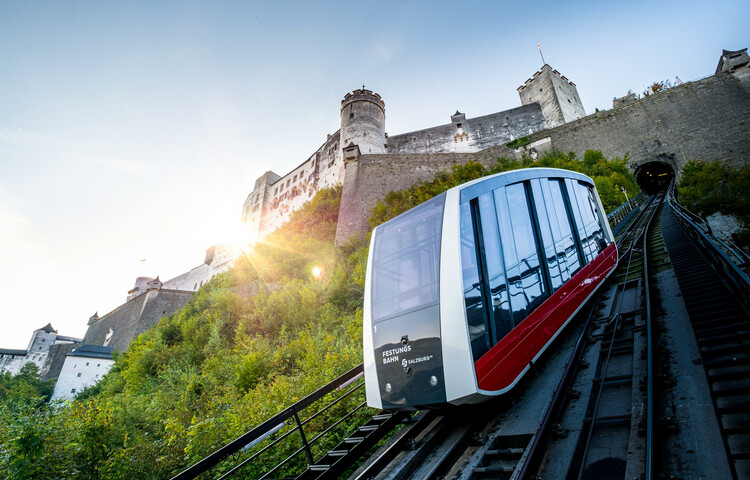Public behavior reflects the health of a society. Politeness, respect, and courtesy have always been the foundation of human interaction. Yet, in today’s fast-paced world, more people are noticing that rudeness seems to be increasing in public spaces. From aggressive driving and rude customer service encounters to online insults spilling into real-life conversations, the question arises: Is being rude in public really on the rise, or are we simply more aware of it than before?
Understanding Rudeness in Public Life
Rudeness can take many forms. It may appear as someone cutting in line, talking loudly on the phone in shared spaces, refusing to say “thank you,” or showing hostility toward strangers. In more extreme cases, it involves verbal aggression, road rage, and even physical altercations. What once might have been rare incidents now seem more frequent, prompting a closer look at why this is happening.
Why Does Rudeness Seem to Be Increasing?
Several factors may be contributing to the perception and reality of growing public rudeness:
1. Stress and Pressure of Modern Life
- Economic struggles, job insecurity, inflation, and social pressures make people more irritable.
- Under stress, individuals often lose patience, leading to impulsive or rude behavior.
2. Technology and Smartphones
- With constant notifications and screen addiction, people are less attentive to those around them.
- Checking phones at the dinner table, ignoring service workers, or texting while someone is talking can all come across as disrespectful.
3. Social Media Spillover
- Online platforms normalize rude and aggressive communication.
- The anonymity of the internet makes insults easier, and these habits sometimes carry over into offline interactions.
4. Cultural Shifts in Politeness
- Some argue that traditional manners are being replaced by more casual, self-centered attitudes.
- Younger generations may value authenticity over formality, which can sometimes appear rude to others.
5. Decline of Community Connection
- In the past, close-knit communities encouraged respectful behavior since reputations mattered.
- Today, in urban and fast-moving societies, anonymity allows people to act rudely without much consequence.
Examples of Public Rudeness on the Rise
| Situation | Common Examples of Rude Behavior |
| Transportation | Road rage, refusing to give up seats, loud arguments on buses/trains. |
| Shopping & Services | Shouting at staff, skipping lines, ignoring greetings. |
| Workplaces | Interrupting colleagues, ignoring emails, lack of acknowledgment. |
| Social Gatherings | Talking over others, constant phone use, dismissive comments. |
| Digital Spaces (Public) | Recording strangers without consent, spreading negativity online. |
Is It Really Getting Worse?
Research suggests that while people often feel rudeness is increasing, part of the issue lies in heightened awareness. We live in a world where bad behavior gets recorded, shared, and amplified instantly. A rude incident in one city can go viral worldwide, reinforcing the impression that society is becoming less polite.
Still, some studies do show a rise in workplace incivility and customer aggression, especially after the COVID-19 pandemic, where stress and frustration levels grew significantly.
The Psychology Behind Public Rudeness
- Ego and Entitlement – Some individuals feel their time and needs are more important than others’.
- Emotional Contagion – If one person behaves rudely, it can spread negativity in a group.
- Stress Response – Fight-or-flight mode can trigger impulsive rude remarks.
- Lack of Empathy – Modern distractions and individualism reduce the ability to understand others’ feelings.
How Can We Counter Rudeness?
Even if public rudeness is increasing, society can work toward reversing this trend:
1. Promote Kindness Campaigns
Cities, schools, and organizations can encourage positive behavior through awareness drives.
2. Model Politeness
Politeness is contagious. Saying “please,” “thank you,” and showing patience can influence others.
3. Mindful Technology Use
Put the phone away during conversations or while in service interactions.
4. Stress Management
Practicing relaxation techniques can help people stay calm in tense situations.
5. Teach Respect Early
Families and schools play a key role in shaping respectful public behavior in children.
Conclusion
So, is being rude in public on the rise? The answer lies somewhere in between. While there may not be a massive decline in politeness overall, modern stress, digital culture, and social changes have certainly made rude behavior more visible and frequent.
The good news is that rudeness can be countered. By practicing kindness, empathy, and patience, individuals can inspire change in their communities. After all, politeness is free but powerful—it can transform a negative encounter into a positive one.




